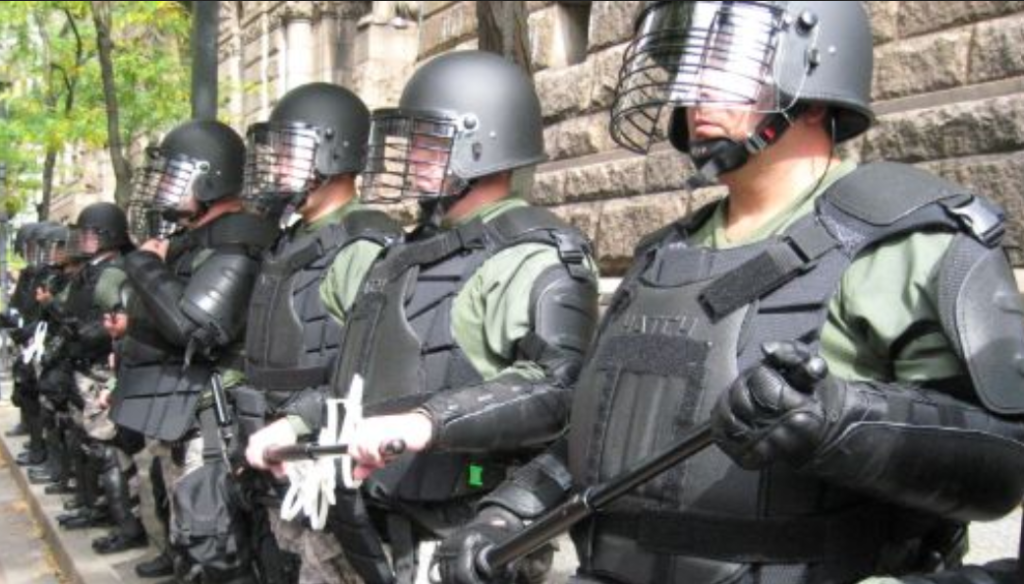In a recent episode of TCR Live, host Derrick Broze discusses a significant directive recently issued by the U.S. Department of Defense (DOD). This directive, identified as DOD Directive 524001, raises concerns regarding potential overreach into civilian life and the implications it may hold for American citizens. Broze analyzes the nature of the directive and questions whether it could represent an expansion of military intelligence powers that might directly target the U.S. population, a theme that has raised alarms within various circles of civil liberties advocacy.
The Conscious Resistance Network, which Broze is part of, focuses on empowering people through education, health, and community organizing. The organization promotes the idea of a world where individuals are not under the authoritarian rule of corporate and state powers. This ethos aligns closely with the concerns being explored in the discussion of the DOD’s directive, as the potential for increased state surveillance and control is inherently at odds with the principles of personal freedom and autonomy that the organization espouses.
DOD Directive 524001 is noted to potentially signify a critical shift in policy, with some critics warning that it may essentially pave the way for the military’s increased involvement in domestic affairs. Broze lays out how this directive may provide justification for military intelligence operations within the United States, a concept that traditionally has been met with skepticism and apprehension due to historical precedents of governmental abuse of power. The implications of such a directive raise fundamental questions about civil liberties, privacy, and the separation between military and civilian spheres of influence.
The context of Broze’s commentary also reflects broader societal debates about security and freedom. In light of global threats and domestic unrest, governments often argue for expanded powers to ensure national security. However, the risk remains that these powers can be used against ordinary citizens rather than solely for protection. This tension highlights a critical discourse about the moral and ethical limits of state authority and the potential consequences of normalizing military presence in daily life. Broze’s insights encourage viewers to critically assess the underlying motivations behind such directives.
Furthermore, The Conscious Resistance Network provides several avenues for audience engagement and support, including subscriptions, merchandise, and community building through social media platforms such as Telegram. By fostering a sense of community among like-minded individuals, the organization seeks to create a proactive approach to counteracting perceived government overreach and advocating for personal liberties. Such grassroots initiatives are paramount in cultivating an informed citizenry capable of resisting authoritarian trends.
In conclusion, the discussion surrounding DOD Directive 524001 serves as a vital reminder of the ongoing struggle between maintaining security and safeguarding individual freedoms. Derrick Broze’s analysis emphasizes the need for vigilance against potential authoritarianism, urging listeners to remain informed about governmental actions that may encroach on civil liberties. The work of The Conscious Resistance Network aligns with this mission, working towards an empowered populace that resists the encroachment of state power and advocates for a more equitable society, free from oppressive influences.

